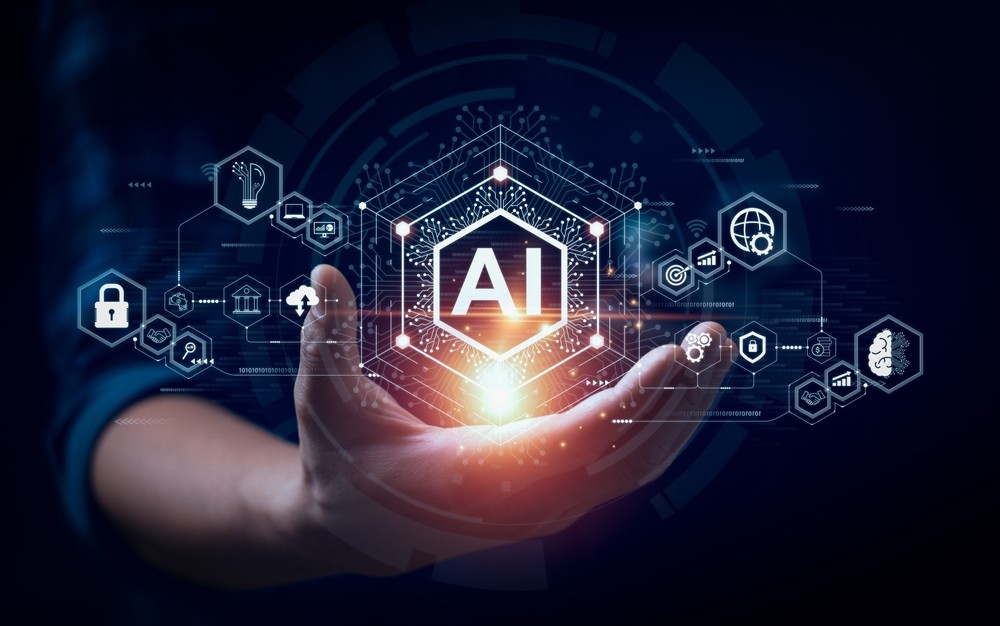First launched in 2008, the Data Health Check 2024 explores trends in cyber, business continuity, ransomware, insurance – and in a first for 2024 – artificial intelligence.
In a survey of 500 UK IT, resilience and cyber security professionals, almost two thirds are optimistic about the potential of AI to enhance their security.
Small companies are an exception to this finding, with more than half considering AI to be more of a threat than a benefit.
Rapid advancements in the field of AI, coupled with its increasing use in the creation of advanced cyber threats, is likely contributing to apprehension among these organisations.
While around a third of survey participants have not assessed AI as a risk, the data suggests that it is a growing priority.
Before 2019, just two percent of organisations had completed an AI risk assessment. Within the past 5 years, that figure has grown to 65%.
Chris Butler, Resilience Director at Databarracks, commented:
“Artificial intelligence will reshape the cyber security landscape. The question is whether that is for the better or the worse?
“The Data Health Check 2024 has shown that attitudes towards AI are mixed, which tracks closely with our experience and in everyday conversations with our customers.
“As with any technology, AI can be used for good or nefarious purposes. From bespoke phishing emails to convincing deepfake videos, the potential criminal applications of the technology are becoming increasingly clear.
“But we can also benefit from rapid advances in the field to protect ourselves. Whether it is used to streamline the workflows of cybersecurity teams or to independently detect potential threats – AI is an invaluable defensive tool.
“With AI-enhanced threats continuing to increase in both frequency and complexity, IT professionals remain positive about its potential to secure their organisations.
“We recently hosted the Cyber Recovery Wargame, an interactive crisis scenario where guests were tasked with managing a recovery from a major cyber-attack. Many guests expressed that they are keenly focused on emerging AI risks, but also recognised its growing role in resilience.
“For some, AI represents yet another tool that criminals are using to carry out the same attacks as before – albeit with increased complexity. And this ability to enhance existing capabilities is exactly why there is still a case for AI optimism.
“While we often think about the ways AI will shape the future of cyber security, it is already a vital tool in analysis, detection and identification. Cyber is an arms race between attackers and security professionals that demands we continually innovate our defences.”




